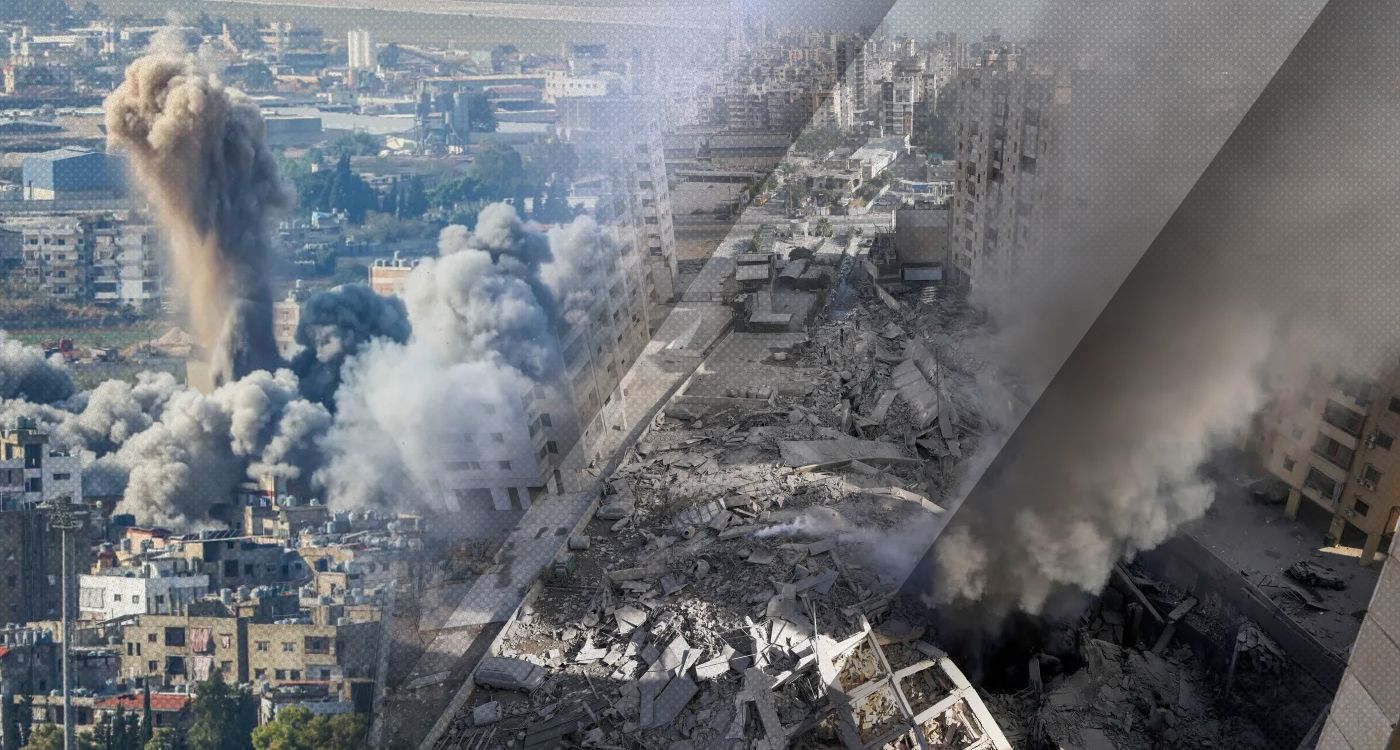
Even before rebuilding residential and commercial units, priority will be given to restoring infrastructure as soon as hostilities end. This step is crucial to reestablishing the normal functioning of the social and economic fabric within any community.
In this context, the caretaker government led by Najib Mikati, with the support of the World Bank (WB), is working on a preliminary roadmap to assess the damage to infrastructure in areas devastated by the conflict between Israel and Hezbollah.
According to Samir el-Daher, economic advisor to the Caretaker Prime Minister, the preliminary roadmap includes the development of a master plan for each district (caza). The approach relies on photogrammetry, a technique that uses aerial imagery to measure the dimensions and locations of objects on the Earth's surface. This method enables precise mapping of affected areas and an accurate assessment of the damage.
This master plan is of critical importance in the post-conflict period, as the data provided by the World Bank will serve as a reference for donor countries during a potential international aid conference for Lebanon.
Sources at the Grand Serail estimate that preparing the preliminary roadmap will take approximately seven months, while the restoration of infrastructure is expected to require at least two years. This effort aligns with apparent progress in ceasefire negotiations. A World Bank delegation is set to visit Beirut by the end of the month to evaluate the latest developments.
Conditional Aid
Securing funding for the project remains a major hurdle. A fund overseen by the World Bank could be established to ensure transparency in its operations. This fund would be financed by contributions from donor countries and international organizations.
Once again, Lebanon is turning to international aid to address its needs, given the state's structural inability to shoulder its responsibilities. Since 2019, however, the international community has repeatedly urged Lebanese leaders to implement concrete reforms to revive the economy and move away from temporary solutions reliant on external assistance.
It remains to be seen whether the international community will be willing to release funds this time, or if it will request substantial measures before providing any additional support.




Comments